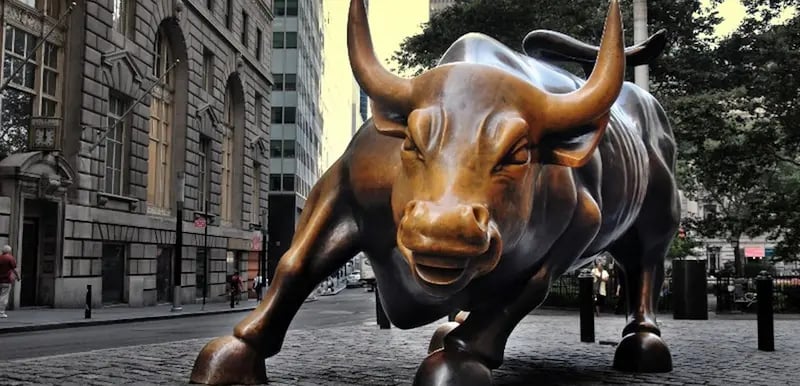Exus Blog Article
EXUS Insights:?Is it time for a global financial makeover?

Does ethical banking really exist?
It’s certainly one of the ambitions of United Nations member states, who came together in 2015 to thrash out a set of 17 Sustainable Development Goals (SDGs), spanning numerous aspects of the world economy.
A number of financial institutions have publicly declared their actions and intentions in support of the SDGs. Bank of America is committing $50m to ‘activities that advance the low-carbon economy and Citigroup has produced an entire report that maps the CDGs to Citi initiatives. DBS, Rabobank , and Credit Suisse are just three of the other global giants that have pledged to support these goals, setting out very clearly which of the 17 are their areas of focus, and how they plan on creating real, measurable change.
But are our global financial institutions doing enough to support the success of the SDGs? Not at all, says the Hong Kong Economic Journal, offering their insight on a UN report charting ‘the world’s progress towards changing financing, policies, and regulations to achieve the SDGs’.
The risks and costs of sustainable investment, they say, are being raised by short-term investment patterns, with the entire global financial system needing to shift to a more long-term mindset.
The EXUS view
The global shift towards a more sustainable world is driven, at least in part, by Millennials and Generation Z: demographics that see a sustainable and ethical approach by businesses as something that they expect as standard.
Deloitte research reveals that Millennials believe large multinational businesses are not yet fulfilling their potential to resolve the challenges that today’s society faces. IBM research shows Generation Z prefers brands that demonstrate quality and authenticity, underpinned by continuity, credibility, integrity, and symbolism. But while a nod to CSR demonstrates a bank’s ethical side, are they just as ethical when it comes to their dealings with customers - in particular, their debt recovery practices?
It could be argued that the nature of financial services leaves no space for unethical businesses: regulation of the industry requires that lenders behave in an ethical way. However, even regulation does not always stop poor collections practices: in recent years, JPMorgan, HSBC , and Lloyds Banking Group are just a few of the banks that have found themselves in hot water for their debt recovery tactics.
Whether it’s a failure to assess affordability when agreeing on repayment terms, using illegal tactics to pursue the delinquent debt, or adding unreasonable charges to outstanding debt, there is nothing ethical about these stories. Regulations are becoming more and more strict, and those lenders who fall foul of the rules have a huge price to pay - not only in terms of customer repayments and penalty charges but also in terms of negative PR.
It’s negative PR that these lenders can ill afford, especially with a new wave of challenger brands giving credit-hungry consumers further choice beyond their banking provider, and establishing a new, more ethical norm that leaves the current practices of the established banks trailing behind.
The increased appeal of Sharia-compliant lending beyond its traditional niche, the rise of peer-to-peer lending , and increases in customer numbers for banks that market themselves on their ethical stance means increased competition for the traditional lenders - and combined with ever-tightening regulations, it’s time for them to clean up their act.
But how can they do so and still be able to make a profit?
The answer is twofold: lenders need to adhere strictly to regulations, and they need to be more shrewd. The current credit cycle sees borrowers moving through from initial application to collections and recovery - and it’s at this late stage where unethical practices are most likely to be used. But could more be done to hand the control back to the borrowers - and to catch potential delinquencies before they reach the stage where unethical techniques and tactics need to be used?
Catching issues before they become less easily manageable could reduce bad debt levels, increase customer sentiment towards the brand, and offer customers the same ethical stance as these challenger brands, but with an established brand name to back it up. In the current financial and political climate, it’s the lenders that focus on changing consumer moods that will win out.
